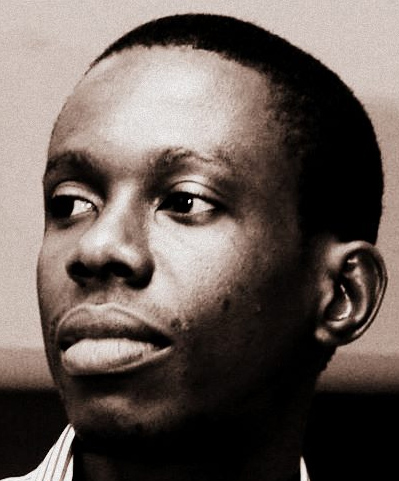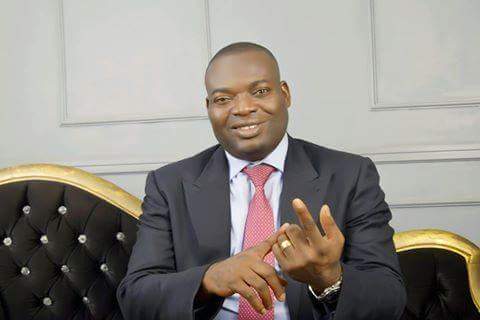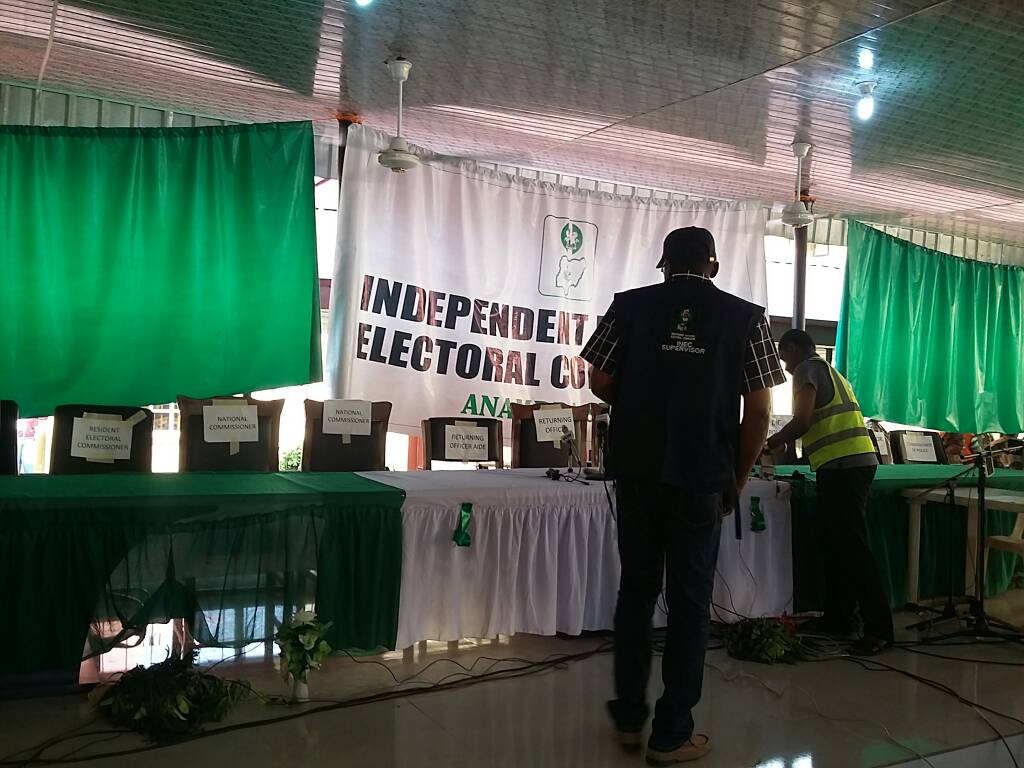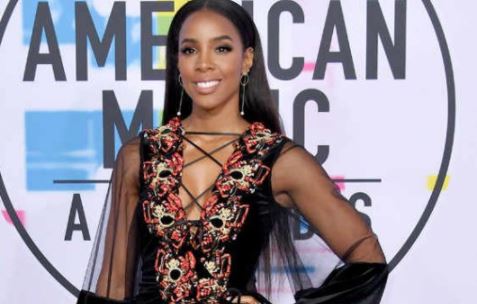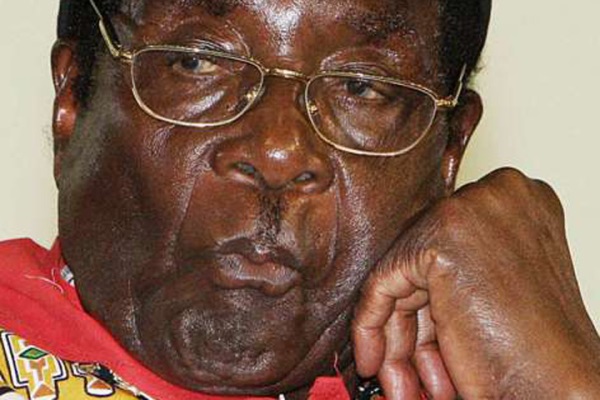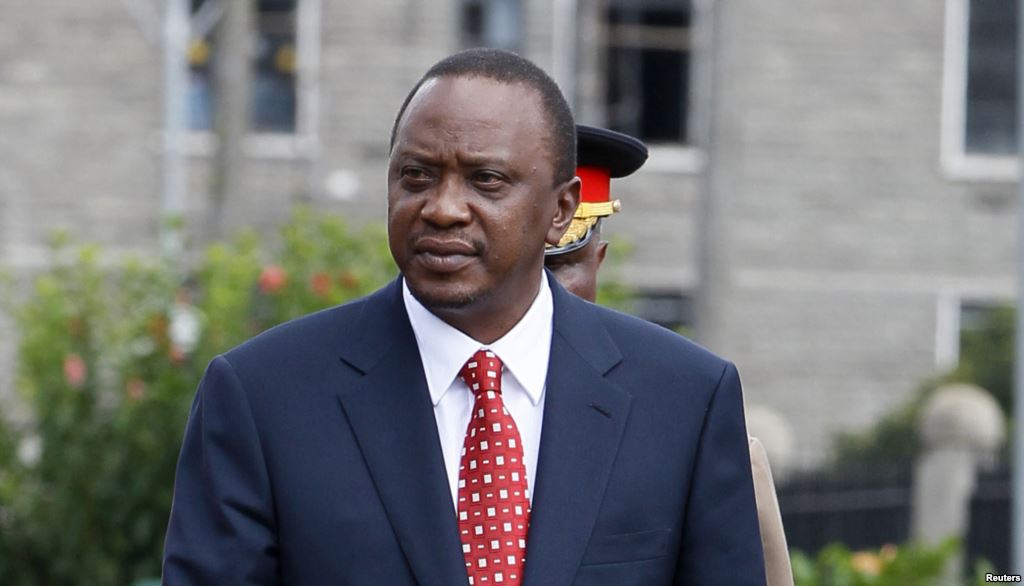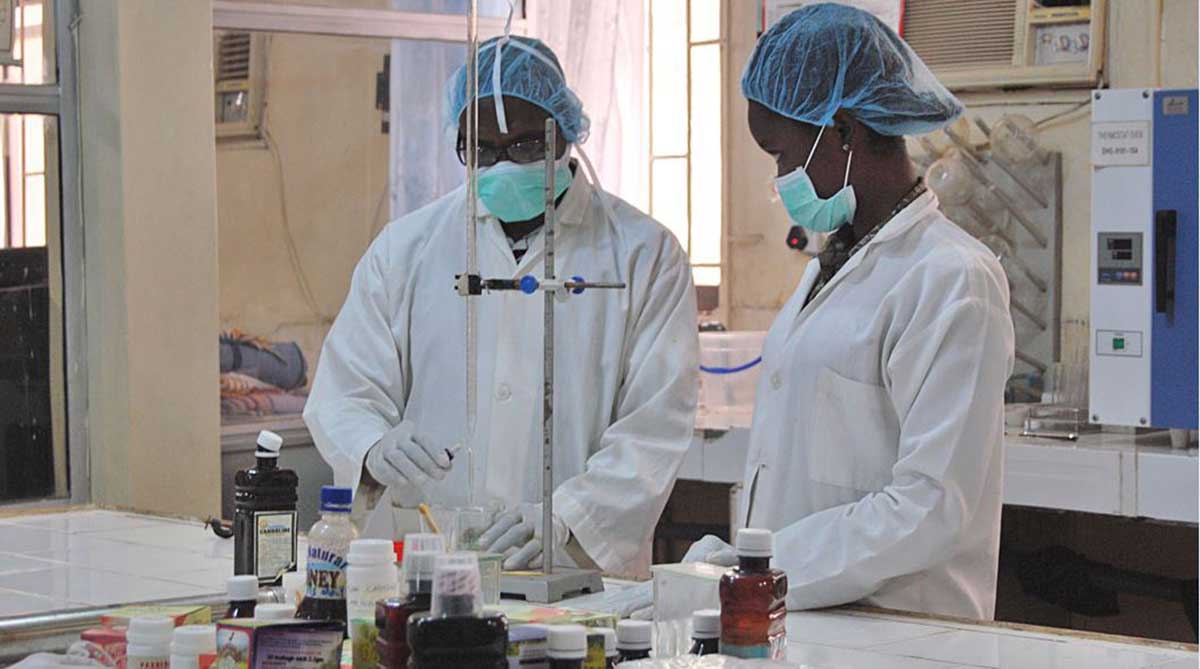The 2017 Anambra governorship election was the most anticipated state election ahead of the national election in 2019. Observed by Nigerians across the country, the election did not only throw up a winner, it also threw up the issue of party loyalty in supporting or opposing a party decision.
When your party’s candidate for an election is someone whose character and antecedents doesn’t sit well with your personal beliefs, what do you do? Do you stick to your conviction and go against the party’s choice, or do you set aside conscience and support someone you don’t believe in, reluctantly?
The candidate of the All Progressives Congress, APC, Tony Nwoye, came with a baggage, a tainted history that cost the party what would have been a historical victory in the Southeast region; an important victory if the ruling party intends to make substantial inroad in the region in 2019.
A former student union leader, Nwoye was an active player in the Chris Ngige – Chris Uba appalling saga between May 2003 when Ngige became governor of Anambra state through Uba’s well documented illegal support, and in March 2006 when a Federal Court of Appeal reversed Ngige’s victory and replaced him with Peter Obi, then of the All Progressives Grand Alliance, APGA.
Advertisement
Seven months after assuming office, a group of legislators voted to impeach Obi. The ensuing chaos was orchestrated by PDP leaders in Anambra state, aided by PDP leaders from the Olusegun Obasanjo’s government in Abuja. Here is how a report by the Human Rights Watch captured Nwoye’s involvement:
“In October 2006 the PDP leadership in the Anambra legislature transported a group of 18 Anambra legislators to the Grand Hotel, a sprawling luxury resort on the banks of the Niger River in Asaba, the capital of neighboring Delta State. They remained at the hotel for several weeks as party leaders worked to build consensus for a move against Obi. Members interviewed by Human Rights Watch said that they received moral support from and had meetings in Asaba and Abuja with powerful PDP member Olabode George, Anambra State PDP Chairman Tony Nwoye and Chris Uba’s brother Andy Uba, then serving as President Obasanjo’s Special Advisor on Domestic Affairs. The legislators said that in those meetings they were repeatedly urged to impeach Governor Obi.”
In the same report, Nwoye was accused of being a cultist. “In interviews with Human Rights Watch, numerous sources including police officials, a spokesman for Governor Peter Obi, opposition politicians and cult members identified Nwoye as a prominent member of the Black Axe cult.”
Advertisement
In charge of the cult group, and having been funded by Andy Uba, brother to Chris Uba and adviser to Obasanjo, Nwoye recruited axe and machete wielding cultists to help rig the 2006 state PDP governorship primaries in favor of Andy Uba. The origin of cultism in the state cannot be traced to him but, it was under Nwoye that PDP’s sponsorship of cult groups became “extremely brazen”.
This is just an introduction to the dirty history associated with Nwoye, one that has been his downfall as a politician. As a party member belonging to the ruling APC which came to power on the promise of change to be different from the PDP, how do you support a candidate like Nwoye?
Members of political parties should not be compelled to support a candidate, especially one with a repulsive history. Parties in Nigeria need to evolve, and shed away the cloak of partisanship. Individual politicians should be free to disagree with a party decision without being accused of anti-party.
Parties should have a positive outlook towards disagreements, and how they sometimes strengthen support from the constituents of the opposing politician.
Advertisement
In the case of Nwoye in the just concluded Anambra election, if a member of APC from the state had refused to support Nwoye, the best reaction by the party would be to ignore the member, and not interpret his decision as anti-party; provided he remained neutral and did not support the opposition.
The reason is this; politics is local and every politician have their support base that comprise of fellow party members and voters that would follow them in defecting to another party on account of maltreatment by their current party. Victimization of a politician because he disagrees with a party’s decision, can lead to loss of members as well as voters loyal to the victimized politician.
Political parties that intend to grow their membership would have to choose between partisanship and winning elections. If the goal is winning elections, then it shouldn’t matter if a member opposes a party policy or candidate, provided they remain neutral and don’t side with the opposition on the matter.
A party with this kind of robust mechanism to absorb opposing views on its policies and choice of candidates would naturally attract genuine participation from more members who know that their individual voices and convictions would not be consumed by that of more influential members.
Advertisement
Maduekwe is editor at Discussing Africa. Follow him on Twitter @Ojo_Maduekwe
Advertisement
Add a comment
